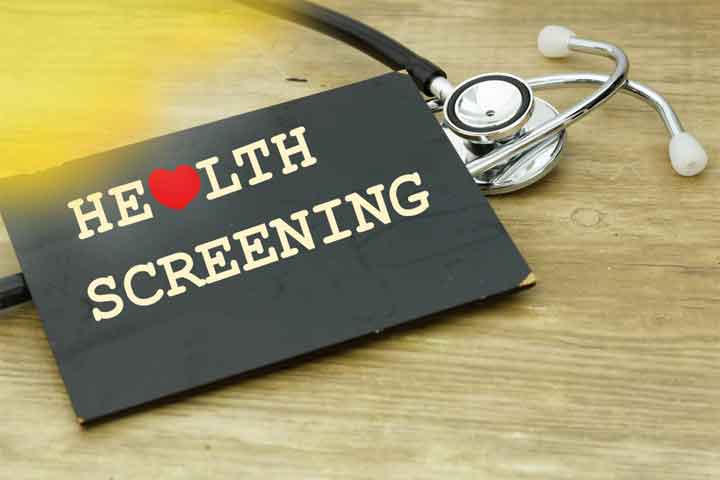One of the solutions to rising health care costs is preventive medicine. You hear more talk on this with health care reform than any other topic. The question is, “Does preventive medicine save money or improve health?”
There are two types of preventive medicine, primary and secondary. Primary means trying not to get sick. You avoid smoking, drinking and unsafe practices. You eat the proper foods and exercise. Secondary prevention is things like vaccines, tests and screening. Both types are very important to your health and wellness.

Following the rules of primary costs very little. Still, to eat properly, it is more expensive. For example, Salmon on your plate costs more than chicken strips. Dietary supplements can also be expensive. So there is some cost factors to consider.
Secondary prevention is even more expensive. You pay for office visits, screening, vaccines, doctors and different tests. Not to include insurance increases. Finally, What if they find something that needs to be addressed?
It is estimated that 40 percent of all deaths can be attributed to primary preventive medicine. Things like smoking, drinking, lack of exercise and poor eating habits.
There is a strong emphasis on reducing smoking and second hand smoke. Since the 50’s, it has went down from 45% to about 25% of individuals that smoke. There is benefits from this drop.
Another area that is a form of preventive medicine, but doesn’t get much talk is medical research. Research is necessary to make sure that medicines and vaccines are safe. New technology has to be tested. All of this is very expensive.
The US Preventive Services Task Force recommends that no men over the age of 75 have prostrate screening. This is because men at this age will probably die from something else. If you are a man at age 75, do you find that a comforting thought? We’re not talking money here. We are talking about living. The boundaries of disease and prevention has become more expensive. Does all this mean cost effectiveness? How far will insurance companies let us go, when it comes to preventive medicine?
